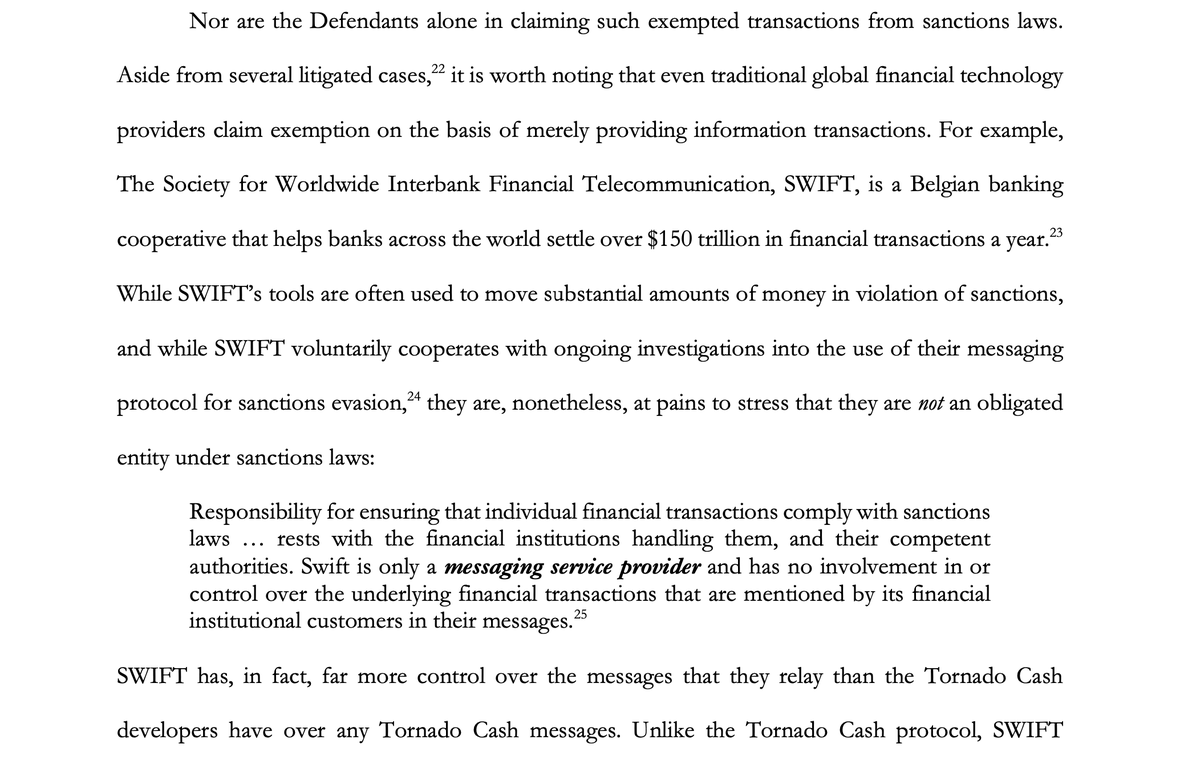
Director of Research @CoinCenter | Board Member @ZcashFoundation | JD @NYULaw | We broke the ruptured structure built of age. I'm "valkenburgh" most places.
How to get URL link on X (Twitter) App





 You can find a longer summary and link to our full brief here: coincenter.org/coin-center-fi…
You can find a longer summary and link to our full brief here: coincenter.org/coin-center-fi…
